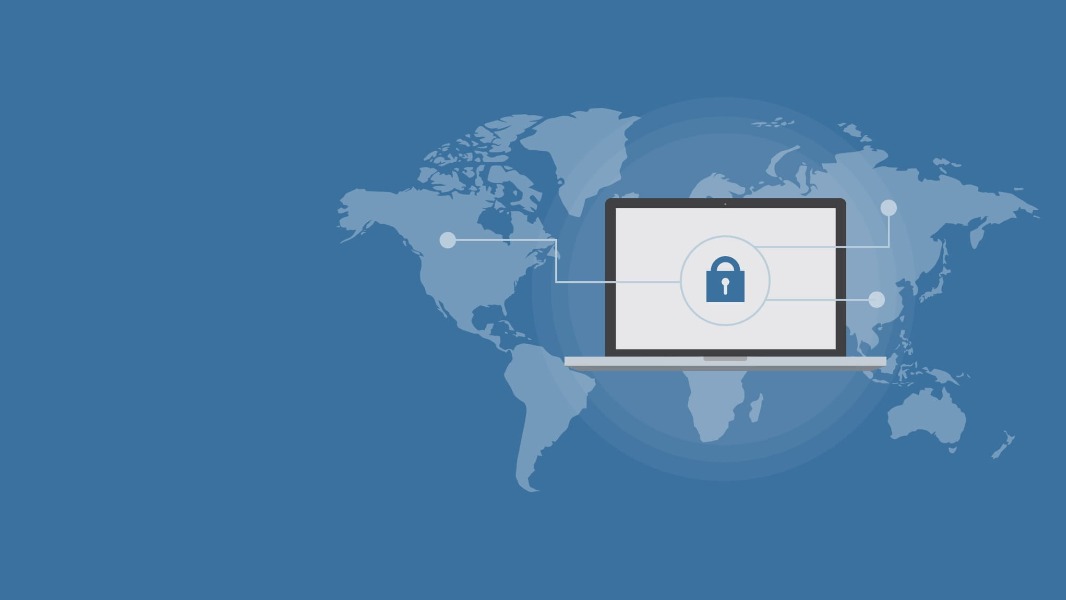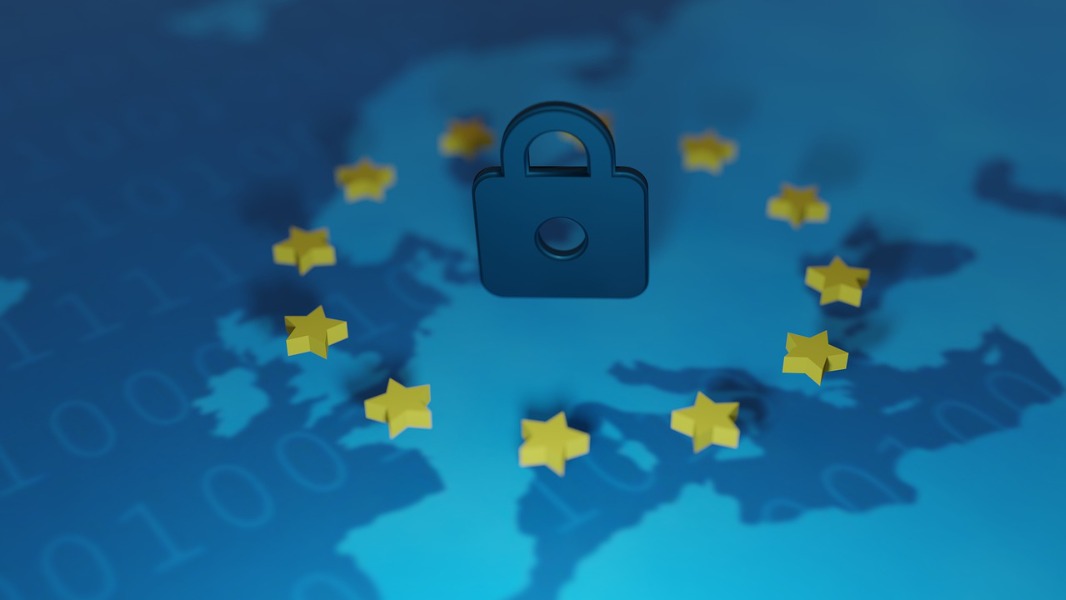Why Does Apple Think Telegram is "Pernicious"?
Apple's general counsel sounds suspiciously like James Comey when he talks about a small messaging app that competes with his own product.
Published by The Lawfare Institute
in Cooperation With

I have a lot to say about this week's House Judiciary Committee, at which both FBI Director James Comey and Apple general counsel Bruce Sewell testified. I'll write up some general thoughts over the next few days.
But I want to start with a remarkable moment at the hearing, the transcript of which reads as follows:
Chairman Bob Goodlatte: But be that as it may, if they were to get you to develop that code, and apply it and then to crack the four digit code to get into the device, once they get in there, they could find all kinds of other restrictions that Apple has no control over, right? With regard to apps that are on the phone, with regard to various other communications features that the consumer may have chosen to put on there, is that correct?
Bruce Sewell: That’s absolutely right, Mr. Chairman. One of the most pernicious apps that we see in the terrorist space is something called “Telegraph.” Telegraph is an app that can reside on any phone. It has nothing to do with Apple. It can be loaded either over the Internet or it can be loaded outside of the country. And this is a method of providing absolutely uncrackable communications. If what happens here is that Apple is forced to write a new operating system to degrade the safety and security in phones belonging to tens or hundreds of millions of innocent people it will weaken our safety and security, but it will not affect the terrorists in the least.
I assume here that Sewell is talking about the Berlin-based messaging company, Telegram, when he says "Telegraph," for I am unaware of a company by the latter name that provides messaging services. But be that as it may, why does Apple regard this company as "pernicious"? It is, after all, merely doing the same thing—encrypted messaging—that Apple itself promises with iMessage. Why does Sewell sound as alarmed as FBI Director James Comey when talking about this competitor yet simultaneously wax indignant about the nobility of Apple's mission when talking about his own company's making the same functionality available to the same consumers? Is it really Apple's view that when it provides encryption, it is helping the "safety and security [of] tens or hundreds of millions of innocent people" and it is outrageous that Comey would ask the company's aid in opening a terrorist phone, but when Telegram does the same thing—and provides the service for free, I might add, to one in four Iranians, rather than selling it at hundreds of dollars per device—it is doing something "pernicious" and scary?
Pardon me, but I feel the same way about both: Both are providing critically important user services that create substantially the same security problems we need a means of addressing. What am I missing here?
One other question: If there is something "pernicious" about Telegram, why does Apple allow it on its app store?





